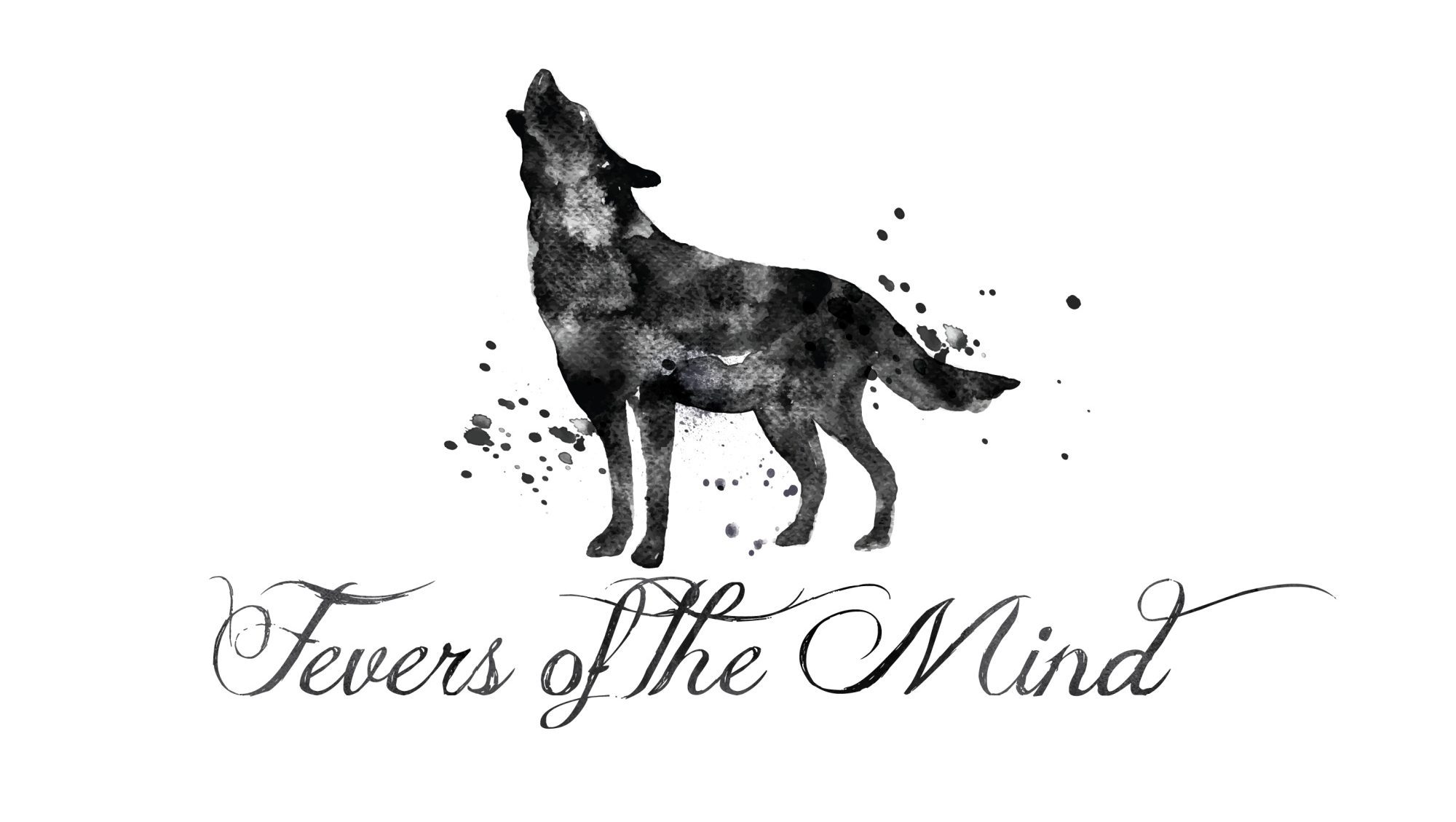

with Jason Schwartzman:
Q1: When did you start writing and first influences?
Jason: I was an avid collector of quotations since middle school, so I think even then I felt drawn to language. I’d inscribe them on my classroom folders, record them with a device, and make them my away messages on AIM. In early high school, I pretty much exclusively read Michael Crichton, though eventually I found my way to Virginia Woolf, Michael Chabon, and Colson Whitehead, to name a few first influences. Poetry-wise, I was really drawn to Auden, for images and lines like this:
I’ll love you till the ocean
Is folded and hung up to dry
And the seven stars go squawking
Like geese about the sky.

I always liked writing but I don’t think I took it more seriously until the middle of college, when I kept careening my major (Urban Studies) closer to off-kilter ethnographies than zoning policies. Later and since, various forms of writing have increasingly become a part of my professional life, and I now work as an editor.
Q2: Who are your biggest influences today?
Jason: I feel like I’m in a process of discovering a lot of new work, so I think that’s an open question, and currently in flux. Going back a few years, I’ve felt most stopped-in-my-tracks by Rachel Cusk and her Outline trilogy, which mostly revolves around conversations, one of my most longstanding fascinations. At the time of my book, before, and now, I would say big influences were Maggie Nelson, Richard Linklater, Lydia Davis, and Speed Levitch.

Q3: Where did you grow up and how did that influence your writing? Have any travels away from home influence your work?
Jason: I’m from Manhattan: I think being in such a vivid density instilled a curiosity about interactions, and the spaces between people, which has often been a subject of my writing. New York has a powerful concentration of strangers, so you come into contact with people in unexpected ways perhaps more often than somewhere else. But I think it was St. Louis, where I went to college and lived afterward, that was most stimulating for my writing. Its size and psychology and grit made me feel at home, and often skewed interactions toward the personal, making for plenty of wonderfully odd literary hijinks.
Q4: What do you consider the most meaningful work that you’ve done creatively so far?
Jason:
My debut book, No One You Know: Strangers and the Stories We Tell, came out in May from Outpost19. It emerged from a difficult but magical time where my life suddenly felt teeming with strangers. The book collects the most memorable and evocative encounters, while exploring what it means to know someone. I don’t consider it a memoir, though I am the narrator of all the stories. To me, it’s a collection of nonfiction or creative nonfiction. It’s been interesting to see it listed under “sociology” and “biography” (of who?), while some people have described it to me or in reviews as “poetry,” in that there’s a strong attention to language, and a particular interest in the fleeting, in condensing experience. I think the cross-listing as sociology and poetry is pretty cool!
Q5: Any pivotal moment when you knew you wanted to be a writer?
Jason: I took a series of literary journalism classes in college, and I think that’s when I began considering writing as some kind of future, if it would have me. I was enraptured by the processes of interviewing and describing and narrativizing and attempting to render experience. There was such a thrill of being allowed into someone’s internal world, and I’d often find myself inspired by the natural poetries of how random people spoke. Getting to think about story, setting. I loved it.
Q6: Favorite activities to relax?
Jason: I would never turn down a game of ping-pong, which also lends itself to good conversation. There’s a natural back and forth, you’re fairly close together, and a few good rallies can create a flow. I also play soccer, tennis, and basketball, when I can. All that helps get me out of the “heady” space that writing can require. Too much can be a poison.
Q7: Any recent or forthcoming projects that you’d like to promote?
Jason:

Here’s a link to more information about No One You Know.
A story in the collection about a brief interaction with a taxi dispatcher.
A recent essay about nodding — to other people and old selves and across time.
Q8: What is a favorite line/stanza from a poem of yours or others?
Jason:
Is this the work of the bridge, I wonder, expunging parts of itself it doesn’t need, littering out its life?
Or is it full of holes?
Those are from my book. I was describing a rusted bolt I’d found strewn along the George Washington Bridge in the course of a date. It made me wonder about the stories we tell, and particularly all the incidental and minor moments and interactions which seemed to be claiming more and more ground in my life at the time.
Q9: Who has helped you most with writing?
Jason: I don’t think I could answer the “most” part of that. There have been so many really positive influences and I feel like my book acknowledgements page easily could’ve been twice as long. Geoff Gray has been a great mentor. Chloe Caldwell has always been really generous with me. Among the many, one person I’d highlight is Amanda Goldblatt, who was a writing professor I had at Washington University in St. Louis. I think my relationship with language and story deepened tremendously under her watch. From her practice of starting class off with a poem and “bringing language into the room” to giving such close attention at the sentence-level, to ideas about observation and memory to letting me know that I could do this. I feel lucky to have been in her class.
